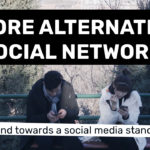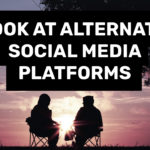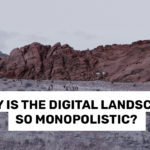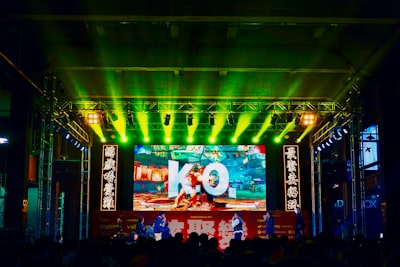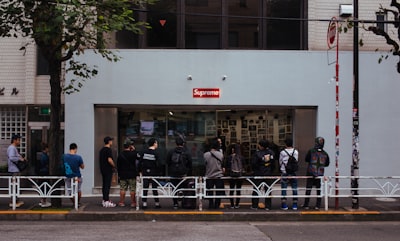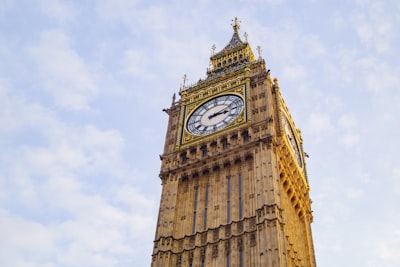A lot has been said about how the twitter and Facebook algorithms tailored to stoke aggression and provoke conflict. If you’re Facebook, and you are optimizing for time on site and page views, it’s hardly surprising they end up surfacing polarizing content. If it’s engagement you want, then showcasing content that plays on primal emotions will get you there.
It’s not just that Facebook is designing an outrage machine, users are playing along as they are rewarded for inflammatory posts, and this is further exacerbated by using tactics that help spread the message. Users have grown accustomed to leveraging the various Facebook functions to achieve more reach: for example it’s common for people to ‘bait’ people into showing their approval by asking them to share/vote/tag/react/or comment to display their support.
Granted, Facebook doesn’t give you a lever to steer the nature of your feed, but through their own experiments, they know that they can influence the mood of a user, and they clearly have chosen to steer you towards outrage. But Facebook doesn’t create the content — people and companies do. Facebook merely disperses it, curates it and displays it. You provide the ingredients and Facebook serves the ready dish. And as the consumer of that dish, the social content — you do get some choice in what you consume and how you respond.
There are other platforms that have managed to coax out a different etiquette — for example, Quora. Granted, the dynamics are different in that it’s more of a search engine than a feed of content, but it does go to shows that it is possible to craft social platforms with more mature, meaningful conversation. Meanwhile, people come back to Facebook because they want to see who responded, reacted, commented, shared — it’s been gamified, like so many platforms.
If you completely disregard these ‘scores’; the signals, your content is not going to achieve reach. And while it’s easy to say that you don’t care about likes, but everyone from you the individual to an enterprise business, views more likes, it’s universally recognized that more shares/likes/follows etc. is a good thing: it’s the success metric in the social media game.
There was a time when people would treat Facebook differently, it was a pretty relaxed, apolitical place and it had a happy-go-lucky vibe. That’s far gone, but there was a different culture on most social media. Nowadays, you risk getting fired for a Facebook post. Who’s to blame for social media being such a vile hate fest with such dumbed down discussion? Take a listen.
Supporters of taim.io.
